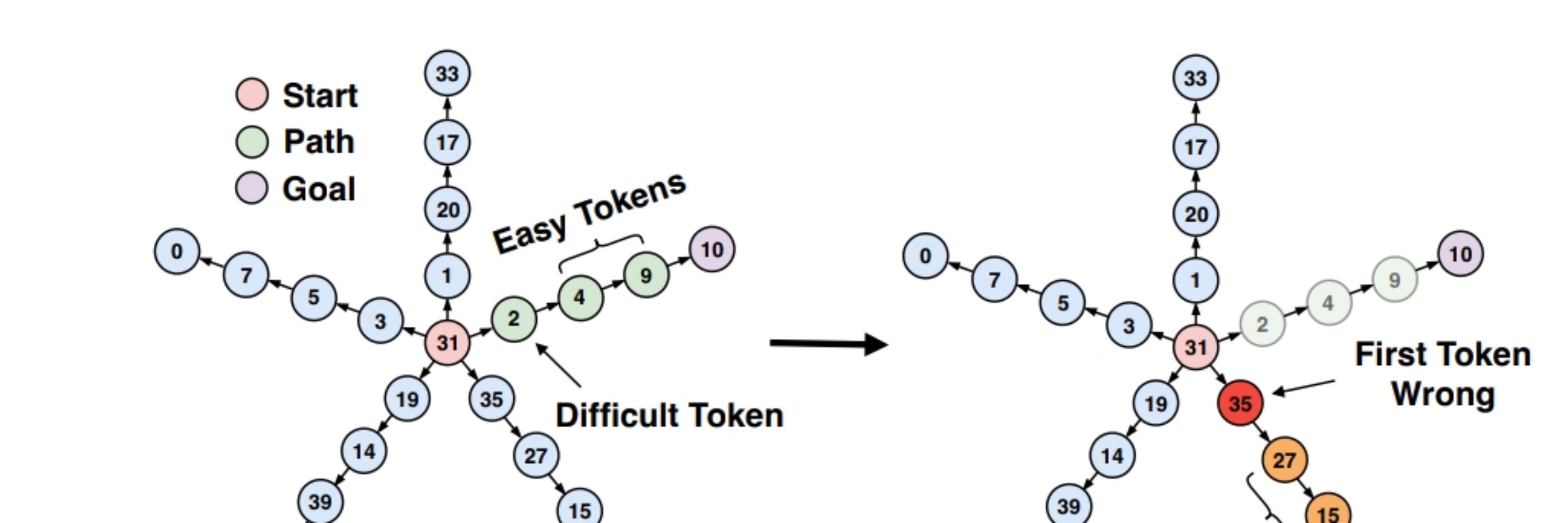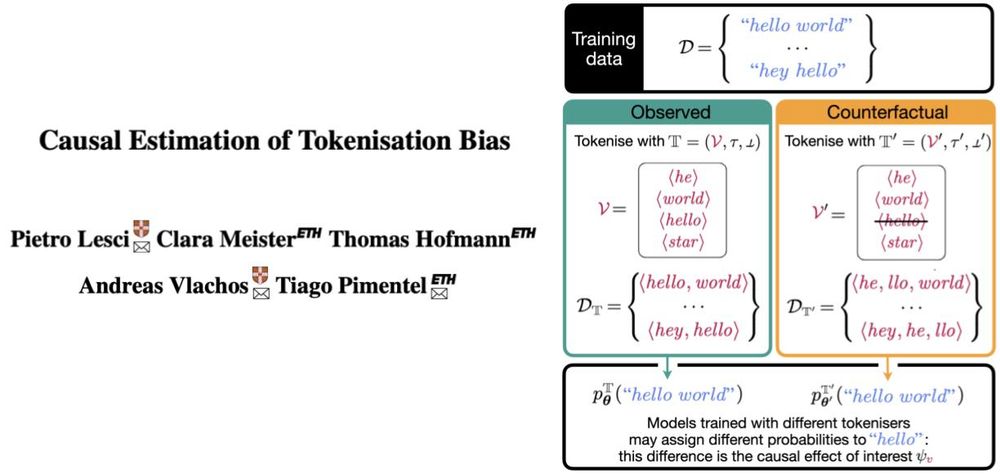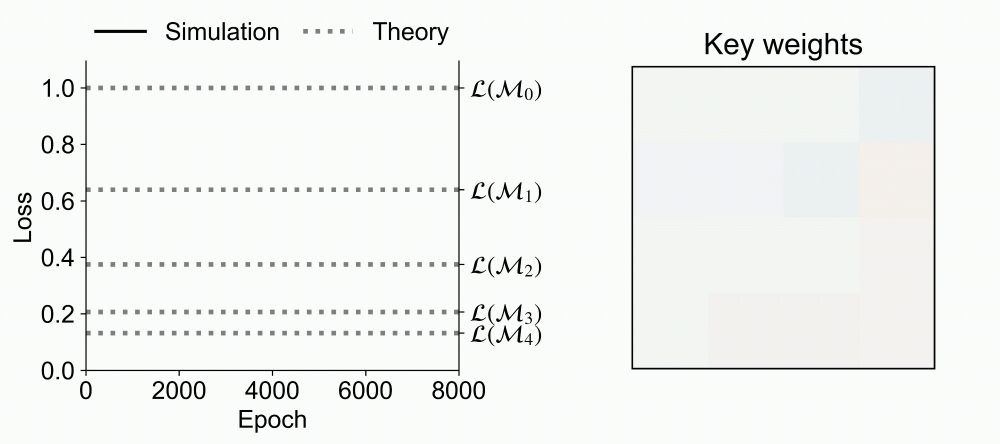
Google Research | PhD, CMU |
https://arxiv.org/abs/2504.15266 | https://arxiv.org/abs/2403.06963
vaishnavh.github.io
Paper: arxiv.org/abs/2504.15266
Paper: arxiv.org/abs/2504.15266
NeurIPS 2025 Official LLM Policy:
neurips.cc/Conferences/...
NeurIPS 2025 Official LLM Policy:
neurips.cc/Conferences/...
Probability
Probability
Excited to share our ICML Oral paper on learning dynamics in linear RNNs!
with @clementinedomine.bsky.social @mpshanahan.bsky.social and Pedro Mediano
openreview.net/forum?id=KGO...
Excited to share our ICML Oral paper on learning dynamics in linear RNNs!
with @clementinedomine.bsky.social @mpshanahan.bsky.social and Pedro Mediano
openreview.net/forum?id=KGO...
If you have thoughts/recommendations, please share!
vaishnavh.github.io/2025/04/29/h...
If you have thoughts/recommendations, please share!
vaishnavh.github.io/2025/04/29/h...
If you have thoughts/recommendations, please share!
vaishnavh.github.io/2025/04/29/h...

Sharing our new Spotlight paper @icmlconf.bsky.social: Training Dynamics of In-Context Learning in Linear Attention
arxiv.org/abs/2501.16265
Led by Yedi Zhang with @aaditya6284.bsky.social and Peter Latham

Sharing our new Spotlight paper @icmlconf.bsky.social: Training Dynamics of In-Context Learning in Linear Attention
arxiv.org/abs/2501.16265
Led by Yedi Zhang with @aaditya6284.bsky.social and Peter Latham
→ LLMs are limited in creativity as they learn to predict the next token
→ creativity can be improved via multi-token learning & injecting noise ("seed-conditioning" 🌱) 1/ #MLSky #AI #arxiv 🧵👇🏽


two papers find entropy *minimization*/confidence maximization helps performance,
and the RL-on-one-sample finds entropy maximization/increasing exploration alone helps performance?!



two papers find entropy *minimization*/confidence maximization helps performance,
and the RL-on-one-sample finds entropy maximization/increasing exploration alone helps performance?!
A lot happens in the world every day—how can we update LLMs with belief-changing news?
We introduce a new dataset "New News" and systematically study knowledge integration via System-2 Fine-Tuning (Sys2-FT).
1/n

A lot happens in the world every day—how can we update LLMs with belief-changing news?
We introduce a new dataset "New News" and systematically study knowledge integration via System-2 Fine-Tuning (Sys2-FT).
1/n
What if the news appears in the context upstream of the *same* FT data?
🚨 Contextual Shadowing happens!
Prefixing the news during FT *catastrophically* reduces learning!
10/n

We identified a common root cause to many safety vulnerabilities and pointed out some paths forward to address it!
We identified a common root cause to many safety vulnerabilities and pointed out some paths forward to address it!
- a benchmark for open-ended creativity
- a demonstration of challenges of next-token prediction
- a technique to improve transformer randomness through inputs not sampling
arxiv.org/abs/2504.15266

- a benchmark for open-ended creativity
- a demonstration of challenges of next-token prediction
- a technique to improve transformer randomness through inputs not sampling
arxiv.org/abs/2504.15266

blog.neurips.cc/2025/05/02/r...

blog.neurips.cc/2025/05/02/r...

